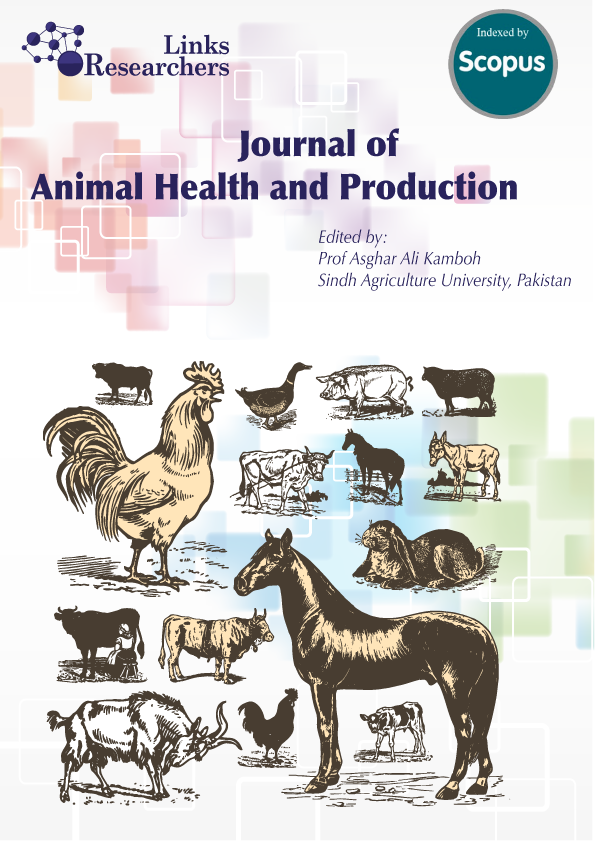Arsenic (As), an environmental pollutant, induces hepatic oxidative damage that leads to liver disease. Also, it may be associated with immune-related disorders at high doses. This study aimed to evaluate the As-induced acute hepatotoxicity and the role of immune response through inflammatory cytokines in laboratory rats. Eighteen adult male rats were employed in present study, and they were set into three groups (n = 6/group). First group acted as control (CON) without any treatment, while other two groups were exposed to sodium arsenite orally at a single dose (13 mg/kg) Animals were sacrificed at 1 day and 7 days after exposure of As, and referred as AS-1 and AS-7 groups, respectively. Following that, each rat’s serum was taken for the required biochemical assays, and its liver was removed to assess oxidative stress markers. Comparing treated versus untreated rats, the results showed that AS exposure significantly raised malondialdehyde levels in liver tissue while clearly inhibiting the level of total antioxidants. Furthermore, a time-dependent significant increase in serological concentrations of hepatic enzymes and pro-inflammatory cytokines was noted in comparison to control rats. It was concluded that arsenic-induced hepatotoxicity and pro-inflammatory cytokines response are associated with a time-dependent increasing.
Keywords | Hepatotoxicity, Arsenic, Oxidative stress, Pro-inflammatory cytokines






